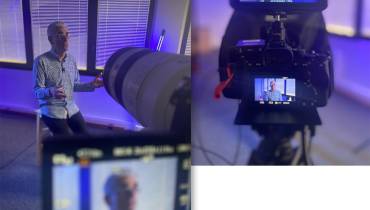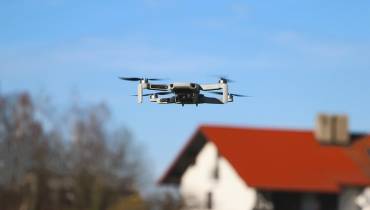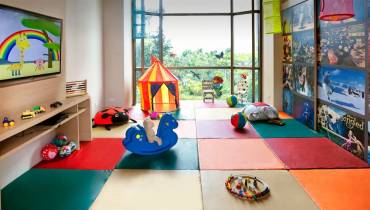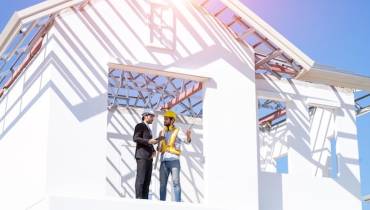How to Buy a Business Laptop: Key Things to Check
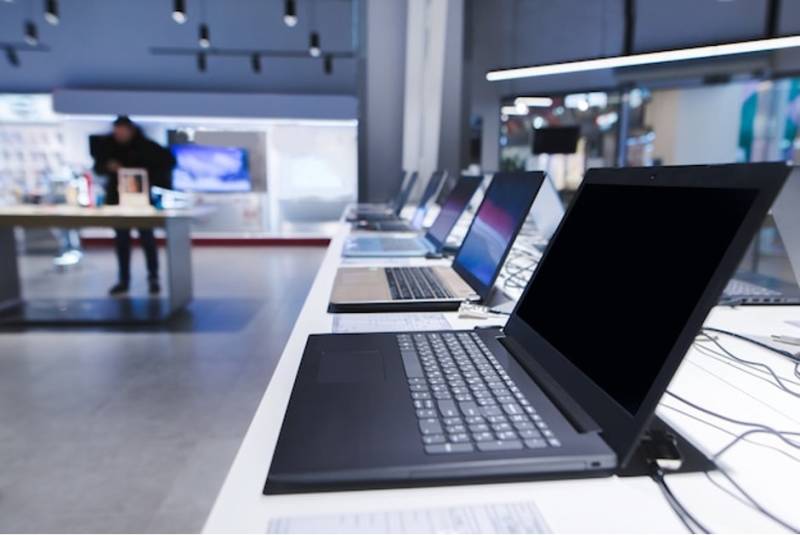
With so many business laptops available in the market today, deciding on the perfect one for your business needs can feel like a herculean task.
Laptops such as Huawei MateBook 14s, Lenovo TechPad 1 Carbon, Apple MacBook Pro, HP iLiquibook, Lenovo TechPad 1 Yoga, Dell Latte are just examples of some of the best-rated laptops.
It is necessary to understand and study the most unique and useful features of each laptop on sale before settling on any one of them to get your best business laptop.
However, due to the fact that laptops nowadays have a large number of unique features and capabilities, you should be more diligent to select the one that suits you the most.
Here’s a list of parameters that you can use as a guide for what to look for when buying a business laptop to make the whole process much easier for you.
Laptop Buying Guide: Key Things to Consider
Without further ado, let's get down to some of the crucial things, distinct aspects to consider when making the decision to purchase a business laptop, each factor may be more important to you.
Follow our lead to find the best business laptop for you:
1. Battery life
At the top of the list is the laptop’s battery life.
A professional business laptop should have power for at least 8 hours on the budget side. If we’re talk about high-end, expensive laptops, then it should have at least 12-18 hours of operating time.
Think about your main uses for a laptop and make sure you buy a laptop that is capable of carrying out your daily tasks efficiently without always running out of charge.
2. Weight
Business laptops should ideally be portable as you may need to work on the road. As such, most business laptops typically weigh 4 pounds.
If you buy one that weighs more than 4.6 pounds, it can become cumbersome if you have to carry it frequently on the road or on your business travels.
3. Build material
If you frequently travel for work, the laptop you choose should be sturdy and solidly built to withstand the rigors of usage. A heavy-duty laptop will last longer and offer great value for your money.
So, it is necessary that you check and make sure that the hinges of your business laptop are made of strong and durable material like carbon-magnesium alloy, and also ideally have a metallic cover.
4. Cooling system
A more intricate cooling system for your business laptop is necessary for higher performance.
If the laptop is thinner, check that the in-built cooling fan does not run too hard, which can be a concern because computing functions tend to slow down as the device heats up.
In addition, check that the ventilation system of your laptop is not too noisy. You should aim for optimum laptop performance with minimal noise. So, pay special attention to the cooling system.
5. Screen display
Widescreen layouts are becoming increasingly popular in business laptops, because of their usefulness in office settings and popularity of video calls, online meetings and virtual presentations.
Moreover, in bright working environments, anti-reflective displays are ideal because they are easy to read. The right screen size and display quality can boost your productivity significantly.
6. Hard disk drive
Newer software and business tasks require a lot of computer processing power and adequate data storage space, so check to make sure the laptop hard disk drive is right for your particular needs.
There are two types of drives: HDD (hard disk drive) and SSD (solid-state drive). Solid state drives are faster, lighter and more power efficient, but they tend to be more expensive.
HDDs, on the other hand, are generally cheaper, more common, and you can get more storage space. However, HHDs tend to be slower to boot up and slower in retrieving data.
Consider your needs carefully as that is what will dictate which storage drive will work best for you when it comes to HDD vs SSD. Either way, make sure you get a business laptop with at least 8GB of RAM for best performance.
7. Budget
Finally, always consider your budget for a laptop. You don’t want to spend way more than you should or break the bank to get a business laptop.
Set a reasonable budget beforehand then go out shopping for a laptop. The huge variety of laptop offers in the market mean there will always be a decent laptop for you no matter your budget.
Generally, though, you're looking at a budget of around $300-$400 for a Chromebook or netbook, $500-$1200 for a standard laptop, and $900-$2500 for a desktop replacement.
MacBooks are usually priced higher than comparable Windows or Linux laptops. So, take your time to decide on the best laptop for you, depending on your available budget.








